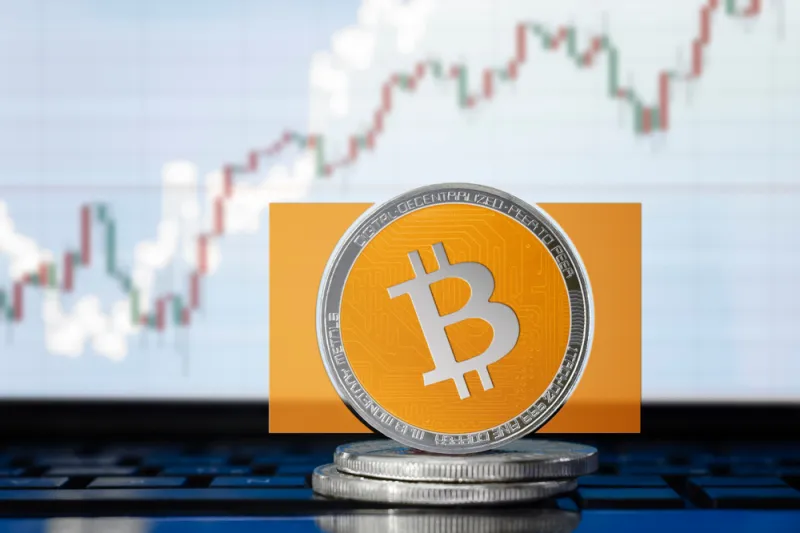Iran's central bank has imposed strict operating hours on domestic cryptocurrency exchanges following a devastating $100 million hack of Nobitex, the country's largest crypto platform. The new regulations limit exchange operations to between 10am and 8pm, representing an unprecedented response to what security experts describe as a politically motivated cyberattack rather than a traditional financial crime. This comes as the escalating conflict is pushing down the price of BTC.
The attack was carried out by Gonjeshke Darande, a pro-Israel hacker group that infiltrated Nobitex's internal systems and drained its hot wallets of various cryptocurrencies including Bitcoin, Ethereum, Dogecoin, XRP, and Solana. In an unusual twist, the hackers burned the stolen funds by sending them to inaccessible wallet addresses, permanently removing the assets from circulation rather than profiting from the theft.
Nobitex Announcement No. 4 – Regarding the Security Incident
— Nobitex | نوبیتکس (@nobitexmarket) June 18, 2025
As part of Nobitex’s ongoing response to the recent security incident, we would like to inform our users that the situation is now under control. All external access to our servers has been completely severed.
If you…
Chainalysis analysis reveals that Nobitex serves as a critical hub in Iran's heavily sanctioned crypto ecosystem, processing over $11 billion in inflows compared to just $7.5 billion for the next ten largest Iranian exchanges combined. The platform enables Iranian users to access global crypto markets despite international sanctions, making it a strategic target for politically motivated attacks during heightened geopolitical tensions between Iran and Israel.
The exchange has assured users that its Reserve Fund will cover all lost assets and is moving remaining funds to offline cold storage for enhanced security. However, user access remains suspended while technical teams work to restore platform functionality. This incident highlights the intersection of geopolitical conflict and cryptocurrency infrastructure, demonstrating how digital assets have become both tools of financial sovereignty and targets in international disputes.
Iran's Evolving Crypto Strategy
The Nobitex attack and subsequent curfew represent a sharp contrast to Iran's previously stated cryptocurrency policies. Earlier this year, Iranian Finance Minister Abdolnaser Hemmati announced plans to regulate cryptocurrencies rather than impose restrictions, stating the government wanted to "leverage the positive effects of the crypto market" while eliminating negative economic impacts. Hemmati emphasized that digital currencies could boost youth employment, help counter U.S. sanctions, and align Iran with the global economy.
Additionally, Iran's Central Bank has been developing its own national cryptocurrency called the "Nat'l" or "crypto-rial," built on a private blockchain for small cashless transactions. This centralized digital currency, which cannot be mined or traded like traditional cryptocurrencies, was expected to enter pilot testing following approval from the Money and Credit Council. The current security crisis may complicate these broader digitization efforts as authorities balance innovation with cybersecurity concerns in an increasingly hostile geopolitical environment.
 Nikolas Sargeant
Nikolas Sargeant






